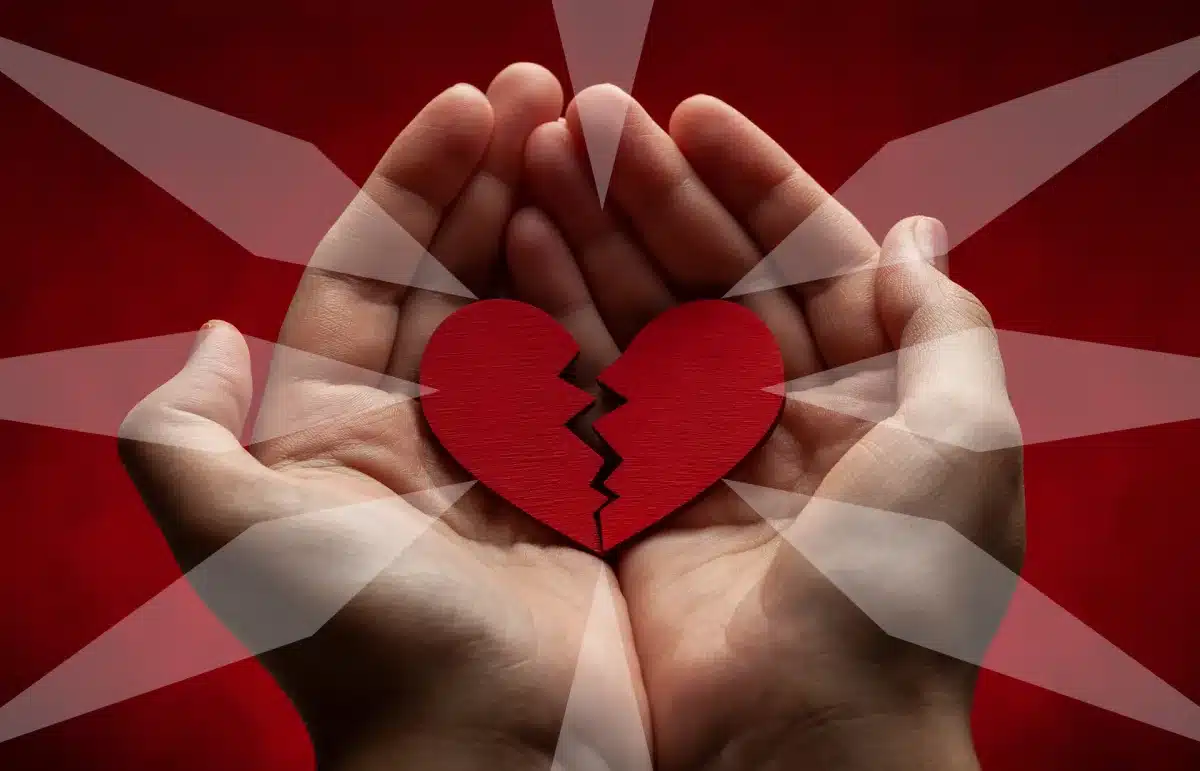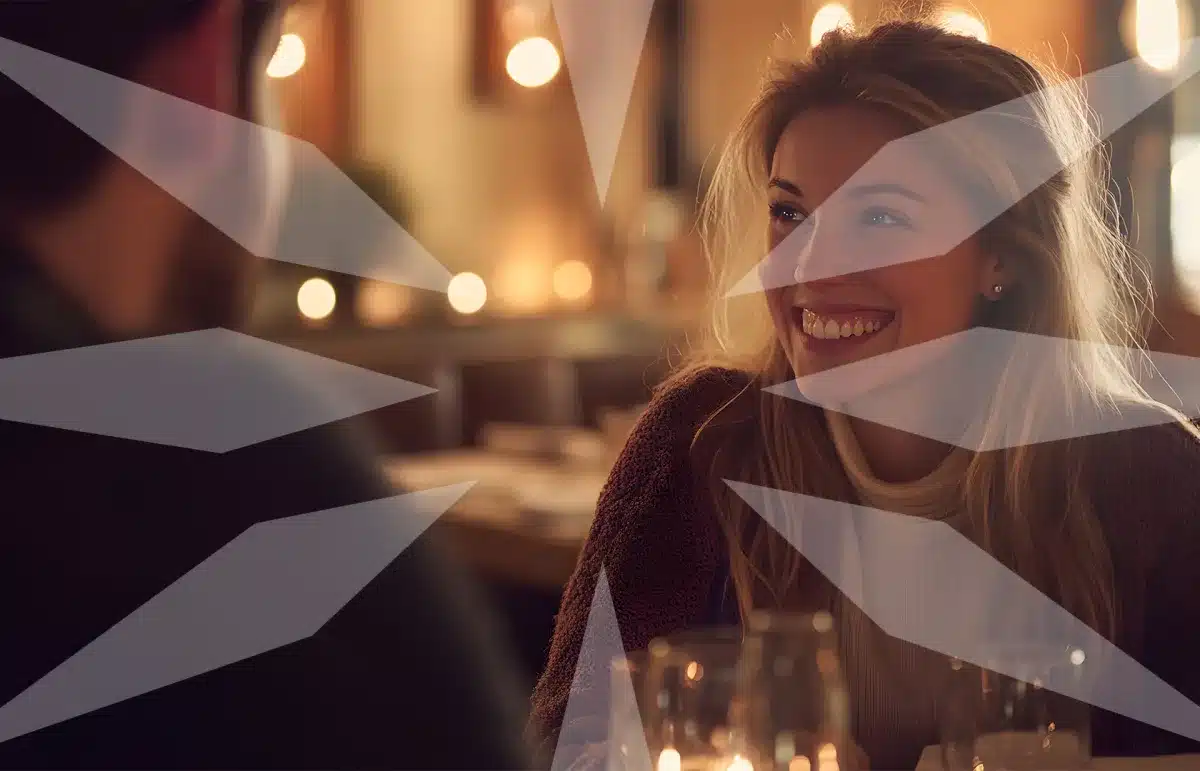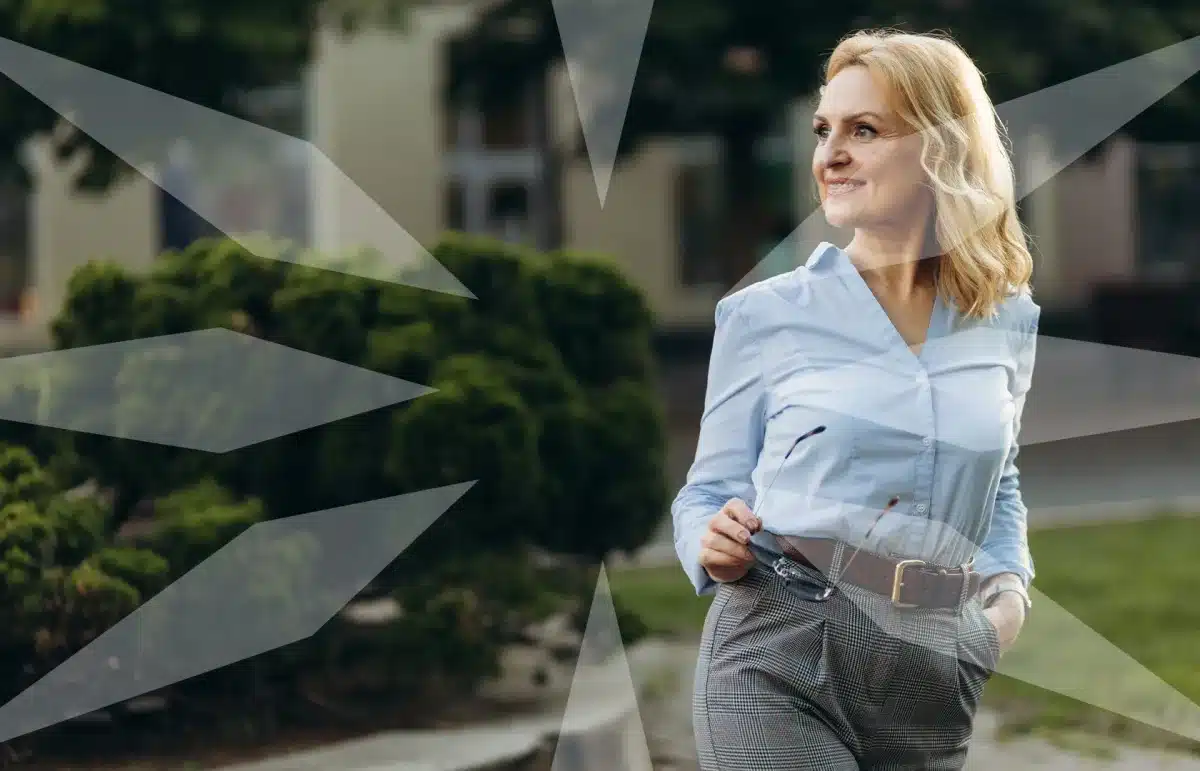If you feel like dating is hard in 2025, you’re not alone! There are several key reasons why so many singles are feeling fed up with the current state of the dating world.
Dating apps are leading to digital fatigue, many individuals fear being vulnerable, and there are still unclear expectations around dating and relationships, commitment and communication.
This burnout is pushing more people to hire a professional matchmaker. They need someone who can guide them, vet potential dates, and introduce them to compatible matches. They want someone who can succeed where the algorithms have failed them, repeatedly.
And while trained matchmakers can help you navigate the complex world of dating, offering support, safety, a dating pool of professional singles, and the chance to meet individuals who share your values and relationship goals, it’s important to remember that they are matchmakers, not magicians.
The idea of outsourcing such a personal human experience to a professional in this way can lead to unrealistic expectations. However, it’s not the same as other service providers; it’s not as simple as, say, finding an electrician to fix a broken light.
What matchmakers offer is the opportunity and support to meet the right person, but they can’t guarantee the chemistry will be there, no matter how skilled and experienced they may be – and we’re here to explain why.
Matchmakers are there to facilitate great matches
The key role of a matchmaker is to use their experience, training and intuition to recommend potential partners based on what you tell them about yourself and what you want in a partner. They are also here to offer emotional support and guidance throughout your dating journey.
The tricky part is that sometimes we don’t know ourselves as well as we think we do, and you might set out a list of criteria for a new partner that doesn’t accurately reflect what you want in the future. And even if you do know exactly what you want from a partner for the rest of your life, there is no guarantee that person exists in the real world!
As a result, it often takes dating experience to learn these lessons and find someone who matches your needs as closely as possible. So, while your matchmaker can guide you towards these people, they are not there to take you on a journey of self-discovery over the next 10 years, and they cannot say for certain that you’ll find a 100% perfect match. They can introduce you to people who are compatible with you.
Science can’t always predict human behaviour
Matchmakers will use their years of training and intuition to identify individuals with a higher potential for lasting relationships. This can be done using scientific methods like Myers-Briggs Type Indicator (MBTI) or FIRO (Fundamental Interpersonal Relations Orientation) assessments.
However, understanding personality types and dating patterns and following global industry standards in matchmaking can still only facilitate your dating journey so far.
After all, humans are complex, and people often change. Someone who seems like your perfect match today might take a different path five years down the line; they might be impacted by life-changing circumstances, ambitions or health, which can reshape their priorities.
No amount of science, screening or psychological assessment can accurately account for how two people will change and grow over the next few years. This is just part of the risk (and the beauty) of falling in love.
Love is not an equation
Following on from this last point, we know that love is not an equation that can be solved. Human beings are complex, unpredictable, and constantly evolving. Although matchmakers are trained to have the essential tools to support their clients, they don’t have a one-size-fits-all solution that can ‘fix’ your love life with one simple introduction.
Two people can seem perfectly compatible on paper, but true chemistry cannot be forced or fabricated. So, while a matchmaker might be able to introduce you to someone who ticks all the right boxes, they cannot guarantee that elusive spark that makes you want to build a future with someone.
The truth is, there is no quick fix for finding love and maintaining a long-term relationship; it just doesn’t exist. And yes, matchmakers will take this into account as best they can when searching for potential partners, weighing up your hobbies, lifestyle, goals and future aspirations, but unfortunately, they don’t have a crystal ball that can see into the future.
Relationships take work
Finally, it’s important to know that even the most successful relationships don’t simply happen because two people are well-suited. Relationships take work, compromise and mutual growth.
So, a matchmaker can introduce you to someone who seems objectively perfect for you, but they cannot guarantee that you will both communicate well, navigate life’s ups and downs gracefully or maintain the spark and connection that keeps a relationship strong.
These aspects depend on you as individuals and the choices you make every day.
Here’s why you should work with a matchmaker
Of course, none of this means that working with a matchmaker isn’t worthwhile. There are lots of great reasons why this can be a valuable and life-changing approach to dating. For one thing, this is what they are trained to do. They have the knowledge and tools to gain an in-depth understanding of your personality type and relationship needs, so they can offer tailored matches based on your preferences.
Not only that, but they work hard to build a strong network, so you can meet wonderful people you might never have encountered online.
Lastly, they can provide you with a fresh perspective, as well as support and encouragement on your dating journey. This can be really important if you’ve become disillusioned by dating apps or you’ve had some bad relationships in the past that have left you feeling vulnerable.
Is it time to engage the services of a matchmaker?
The key to making this work is to view your matchmaker as a facilitator, not a miracle worker. It is their job to create possibilities and introduce you to potentially great matches. The real magic happens when you meet someone and you both choose to love and support each other day after day, year after year, no matter what life throws your way.
So, if you’d like to work with an expert matchmaker and increase your chances of finding love this year, we can help. Get in touch with our talented team today and take your next positive step towards finding the right partner.




